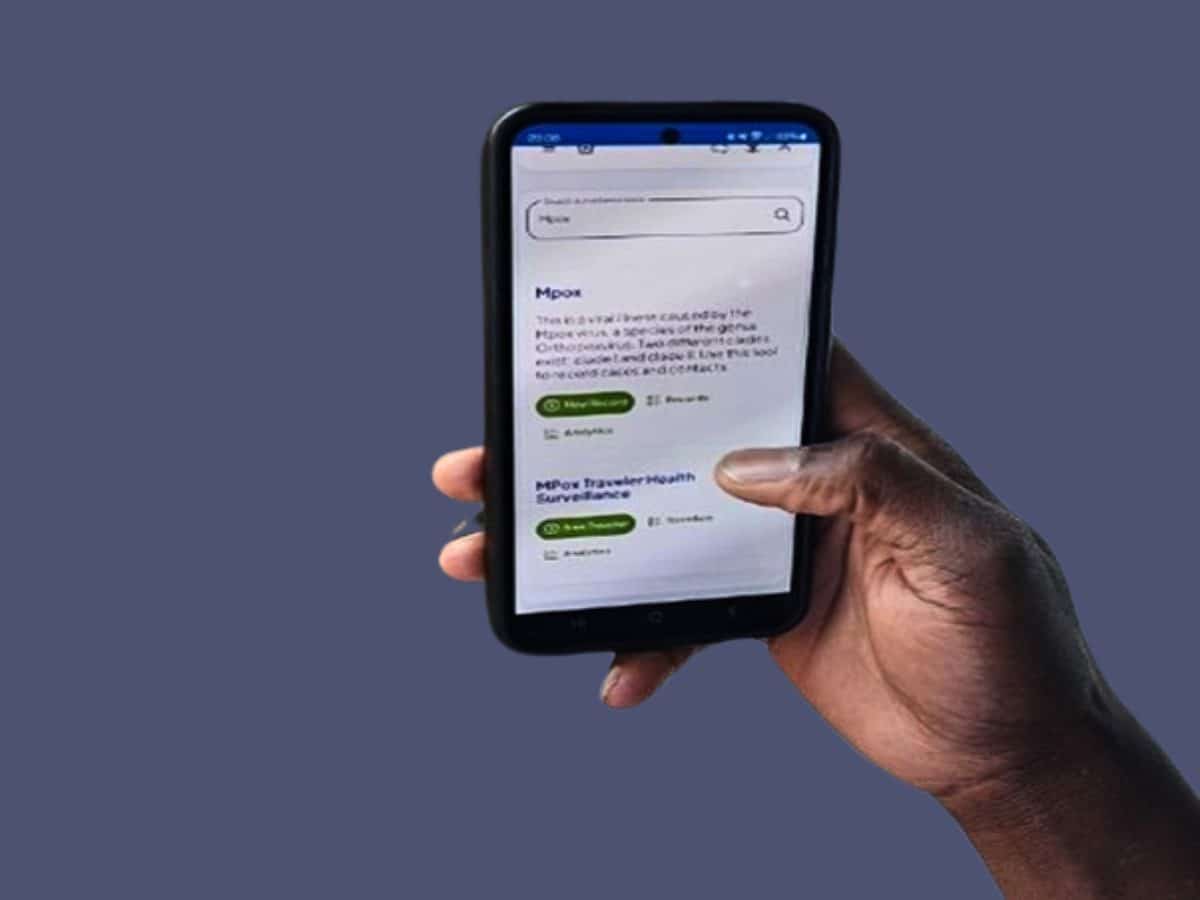Research has shown that in areas with a high HIV prevalence, voluntary medical male circumcision (VMMC) is an effective HIV-prevention intervention that can reduce the risk of sexual transmission of HIV from women to men by approximately 60%.
In Kenya’s Nyanza Province, HIV prevalence is 15%—almost three times the national average—and only 66% of males in Nyanza are circumcised, compared to 91% in the rest of the country. In November 2012, with funding from PEPFAR through the Centers for Disease Control and Prevention (CDC), ICAP began working with the Kenyan Ministry of Health to support on-going efforts to provide free VMMC as an HIV prevention intervention in Siaya County of Nyanza Province.
By partnering with the provincial health management team, ICAP initially identified six facilities in the county to begin offering circumcision services which increased to 24 health care facilities. In just 12 months, 16,343 men elected to be circumcised at these facilities. Much of this success lies in the use of community mobilizers and champions.
Jackson Ochodo first heard about the availability of circumcision services from a group of mobilizers who passed through his village in Ugenya, a sub-county in Siaya. A traditionally non-circumcising community, the villagers were skeptical about circumcision and vowed to only get circumcised if one of their elders underwent the procedure first. Mr. Ochodo, a village elder, underwent the procedure first. “I was afraid of the pain and the healing time which would keep me from my job leading to lost income. But as a leader, I had to do what was right for my community, so I got circumcised,” said Mr. Ochodo.
As part of the procedure and care, Mr. Ochodo received HIV risk reduction counseling, HIV testing, screening and care for sexually transmitted infections, and condom education—a package of services that ICAP has integrated into the male circumcision HIV prevention intervention. “I didn’t feel any pain and was back to work the next day,” he said. The 45-year-old is now a champion of the male circumcision project and has encouraged over 80 men, including his two sons, to undergo the procedure.
Having learned from patients and providers about what makes male circumcision acceptable and successful, ICAP is scaling up the program and working with the Ministry of Health staff in the region to build their professional capacity through VMMC technical trainings, joint support supervision and mentorship to ensure sustainability of the program in the region.
The current focus, according to Dr. Nandi, ICAP VMMC Advisor, is on mobilizing older men and targeting opinion leaders, like Jackson Ochodo.
“These circumcisions should help avert future HIV infections saving millions of dollars in care and treatment costs,” said Dr. Ngere, the Siaya County AIDS & STI Coordinator.







